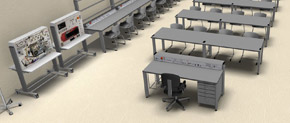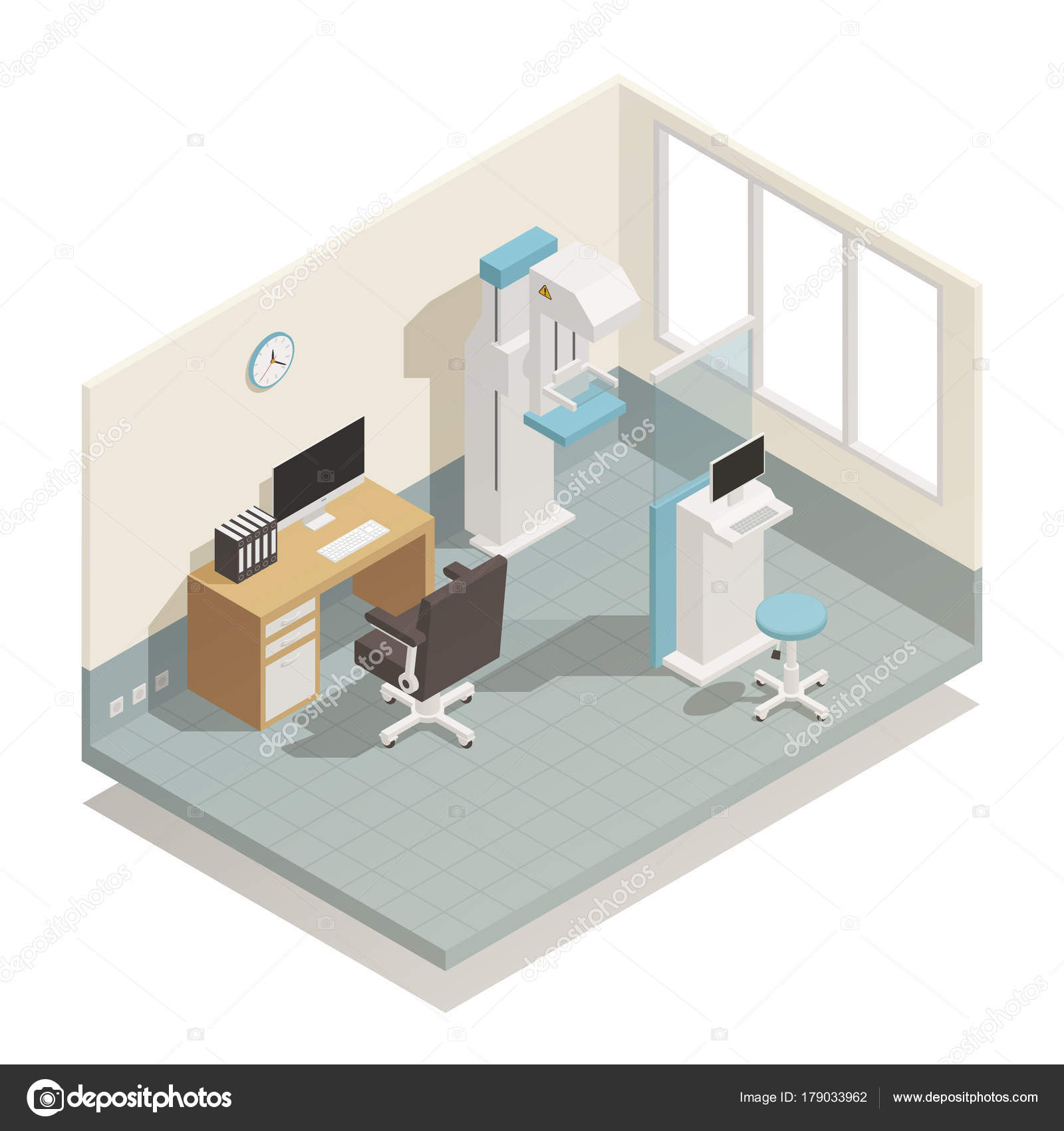


A mission statement can guide you in experiment planning so that time is not wasted pursuing trivial or tangential research. Write a mission statement that will help you and your lab members remember, when things get tough, why you are in science and why your project is important.Īlso, scientists love to ask questions, but sometimes that can lead researchers down rabbit holes. Reminding yourself that your mission is, say, children’s health, helps you recognize what tasks will help you fulfill your plans and be more productive. Similarly, a mission statement can guide a lab and keep it on track. A five-year plan allows you to gauge the progress of your research and keep it goal oriented. The ability to see the bigger picture allows lab members to evaluate a project’s progress and determine future projects. While lab members need technical skills to complete individual experiments, it is the lab manager’s job to ensure that all experiments are aimed toward a common goal. In a study by McKinsey & Company, all successful, thriving labs utilized three- to five-year plans. With all the responsibilities that lab management entails, it is easy to make sure the t’s get crossed but lose sight of the bigger goal.Ī common suggestion from the experts is to have a five-year strategy.
Controlling a lab involves the evaluation of lab members’ and projects’ progress and the ability to correct problems as they arise. Good leadership can inspire lab members toward productivity and creativity and help members work together.  Leading is extremely important for a lab manager, because it often sets the environment and pace of the lab. Organizing is also an important job for a lab manager, because he or she determines who does which project and technique, manages the timelines and budgets for multiple projects, and keeps current with research in the fields. Planning allows a lab manager to know where the lab is going.
Leading is extremely important for a lab manager, because it often sets the environment and pace of the lab. Organizing is also an important job for a lab manager, because he or she determines who does which project and technique, manages the timelines and budgets for multiple projects, and keeps current with research in the fields. Planning allows a lab manager to know where the lab is going. 
Management can be divided into four main categories: Whether you work at the bench or away, the ability to organize your work and supervise those under you is critical. Management skills are important for science careers of all types. “If an individual has the capacity to learn the science of laboratory medicine, they can learn the necessary management skills, given the desire and aptitude to do so.” “Laboratory managers are often promoted from the ranks of the technical staff,” says Rodney Forsman, the past president of the Clinical Laboratory Management Association and an assistant professor emeritus at the Mayo Clinic College of Medicine in Rochester, Minnesota. Lab management can and should be learned in a more directed manner. While much can be learned from this follow-by-example approach, it has its limits. Lab management skills, while used every day by scientists, are not directly taught to young scientists. You have found that being the head of the lab is more than just making big discoveries it is about managing a small business.
Get to know the people at your institution.
Be prepared when small amounts of free time. Optimize your management style for each lab member. You long to be at the heart of the lab-directing experiments, analyzing data, and writing papers-but you find yourself caught up in other tasks-ordering reagents, attending yet another meeting, doing anything but bench research. Additionally, you wanted the freedom to choose your own field of research and study what interests you most. You chose the research profession because you were fascinated with the world around you and wanted to discover on a molecular level the ways in which life exists. This has shortened our sales cycle, increased deal sizes, and we can now effectively tell our complete product story – generating multi-million-dollars of attribution in closed business.Do you ever feel you were unprepared for a career as the head of a research lab? It has reduced friction and risk by providing an easy and powerful way for customers to plan and optimize their lab space and workflows in the context of their own lab. “As a sales enablement tool, the Kaon LDT has been game-changing in elevating our sellers from vendors to trusted advisors. Easily tell your complex value story on any device, anywhere, at any time, including virtual, hybrid, and in-person sales engagements. Accelerate sales by engaging customers in an immersive educational experience of their own lab environment with recommended diagnostic lab equipment solutions so they can explore and share with other stakeholders the value and quickly build consensus. Transform your sales team into solution consultants who help customers quickly go from understanding their lab equipment needs and your value proposition to understanding optimal space, workflow, and supporting equipment requirements.








 0 kommentar(er)
0 kommentar(er)
